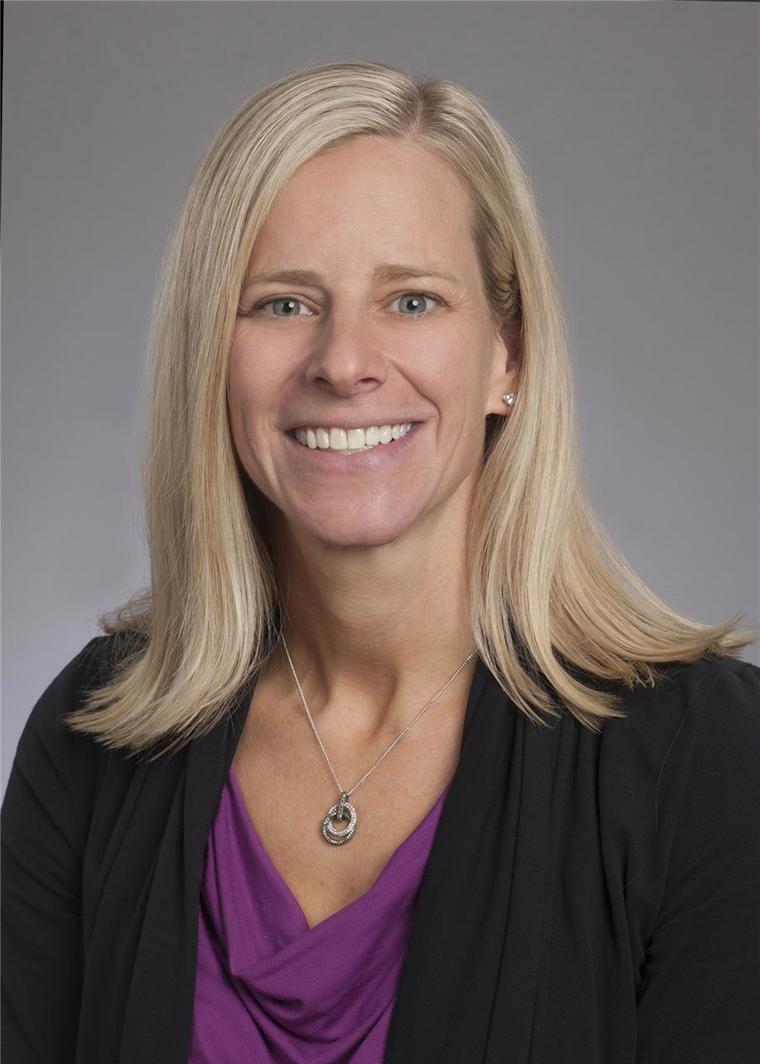This interview is one in a series of interviews with recipients of the 2021 ACGME Awards. The awardees join an outstanding group of previous honorees whose work and contributions to graduate medical education (GME) represent the best in the field. They were honored at the ACGME Annual Educational Conference, taking place virtually February 24-26.
2021 Parker J. Palmer Courage to Teach Awardee Ann Schwartz, MD is the director of residency education in psychiatry at Emory University School of Medicine.
ACGME: How did you become involved in medicine, and in academic medicine specifically?
Schwartz: Upon graduating from psychiatry residency at Emory, I did not envision a career in academic medicine. I didn’t have any experience in teaching or research prior to beginning the job, and I considered my faculty appointment to be a short-term position. I began doing primarily bedside teaching on the consultation-liaison service at Grady Hospital, a large public hospital in Atlanta committed to the care of an underserved patient population. I quickly fell in love with teaching and had several wonderful role models who encouraged me to pursue an academic career. Several years later, I was later selected to become the director of residency education for the general psychiatry residents at Emory. Without a doubt, residency education is where I found my niche.
ACGME: What does this award mean to you?
Schwartz: Being a recipient of this prestigious award is so meaningful to me. Parker J. Palmer is one of the most influential leaders in higher education, and the Courage to Teach Award is a top honor for program directors.
ACGME: What do you feel is the most important job the program director has?
Schwartz: One of the most important jobs as a program director is to foster a collaborative and productive environment and to make learning interesting and enjoyable. Our field is advancing rapidly, and it is crucial for us to model and encourage curiosity and lifelong learning.
ACGME: What is the most rewarding part of your job?
Schwartz: Educating and mentoring learners is the most rewarding part of my job. My position as program director gives me the opportunity to innovate and provide quality education for future generations of psychiatrists. It is rewarding to see our residents develop and grow into competent and intellectually engaged health care providers over their time with us.
ACGME: What is the most challenging?
Schwartz: I find navigating the disciplinary process to the most challenging. The process can leave even the most seasoned program directors in a “gray zone” of confusion, surprises, and difficult choices. Disciplinary actions also often have effects on others in the program, leading to challenging and complicated feelings of vulnerability and fear that can be tough to manage.
ACGME: What advice do you have to residents or fellows who may be interested in pursuing a career in academic medicine?
Schwartz: My advice for residents would be to seek and engage in mentorship early, starting in residency. Guidance from a strong mentorship relationship can be invaluable. I would encourage residents to look for someone who shares their clinical, research, or service interests. I also recommend that residents seek mentors that they can bond with and who are invested in their well-being and will check in to see how they’re doing.

